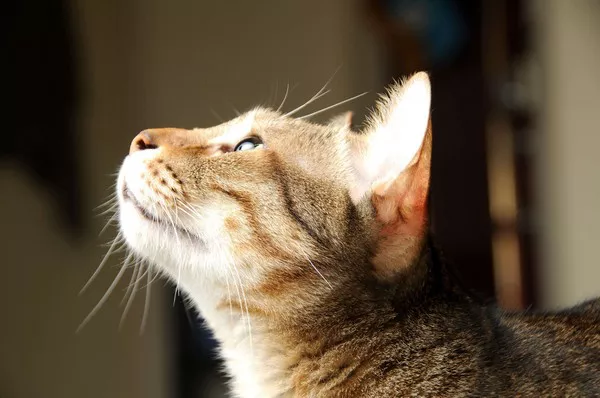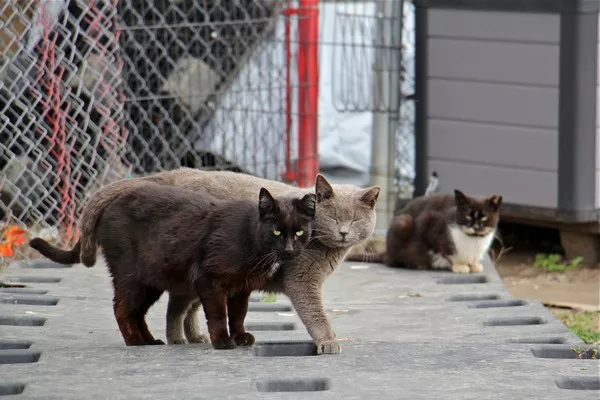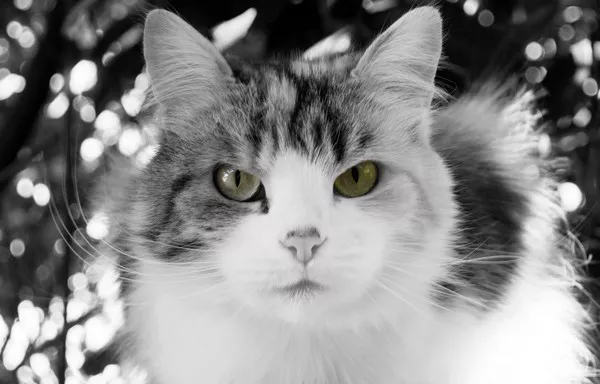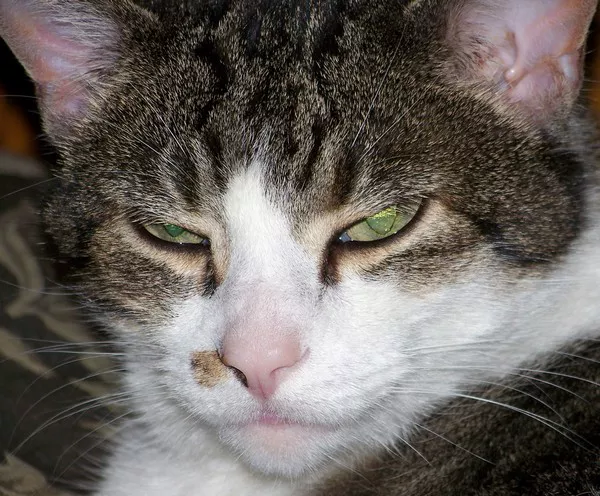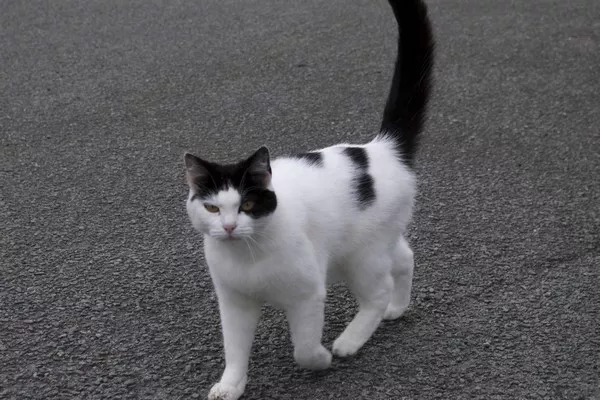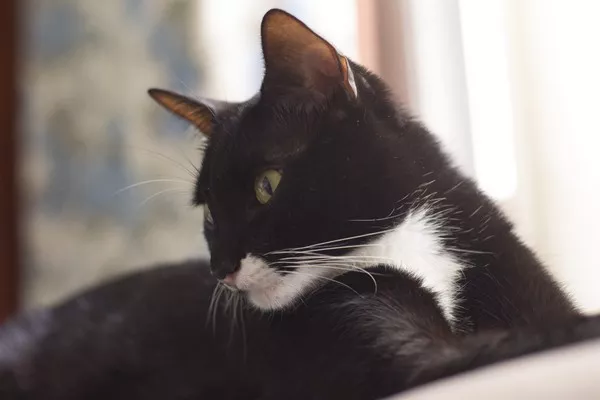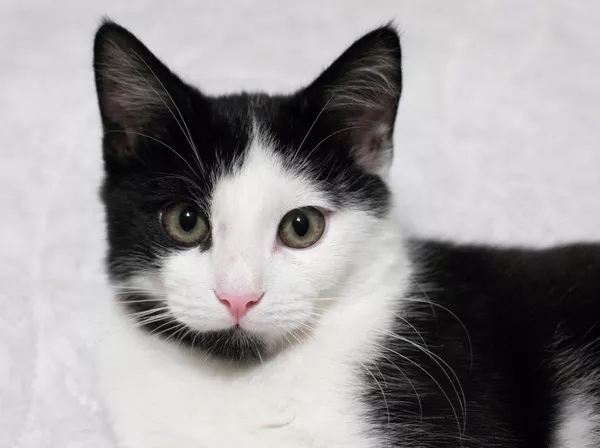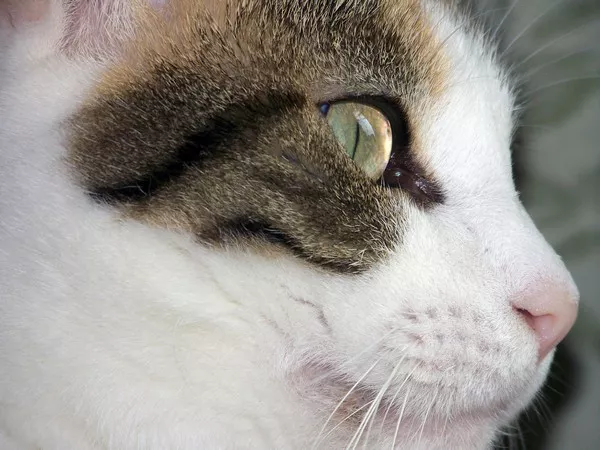Cats are known for their independent and sometimes mysterious nature, which can make it challenging for owners to determine when they are unwell. Recognizing the signs that indicate your cat may need to go to the hospital is crucial for their health and well-being. This article provides a thorough guide on the symptoms, behaviors, and conditions that warrant a trip to the veterinarian, ensuring you are well-equipped to make the best decisions for your feline friend.
Recognizing Normal vs. Abnormal Behavior
Understanding Normal Cat Behavior
Before identifying signs of illness, it is important to understand what constitutes normal behavior for your cat. Cats typically have consistent routines, including regular eating, drinking, grooming, and activity patterns. Knowing your cat’s baseline behavior is the first step in recognizing when something is amiss.
Changes in Behavior
Significant changes in behavior often signal that something is wrong. This can include increased hiding, aggression, lethargy, or a sudden change in sociability. Any drastic deviation from your cat’s normal behavior should be monitored closely and may necessitate a visit to the veterinarian.
Common Symptoms Indicating the Need for Medical Attention
Loss of Appetite
A sudden or prolonged loss of appetite can indicate various health issues, ranging from dental problems to gastrointestinal disorders or more serious conditions like kidney disease. If your cat refuses to eat for more than 24 hours, it is time to consult a veterinarian.
Increased Thirst
Increased thirst can be a sign of underlying health problems such as diabetes, kidney disease, or hyperthyroidism. If you notice your cat drinking excessively, it is important to seek veterinary advice.
Frequent Vomiting
While occasional vomiting can be normal for cats, especially those that groom frequently, persistent vomiting is a cause for concern. It can indicate a range of issues from dietary indiscretion to more serious conditions like intestinal blockages or poisoning.
Diarrhea
Diarrhea that lasts more than a day or is accompanied by other symptoms such as lethargy or vomiting requires veterinary attention. Chronic diarrhea can lead to dehydration and indicate serious underlying conditions.
Straining to Urinate
Straining to urinate, frequent attempts to urinate, or vocalizing while urinating can indicate urinary tract infections or blockages, which are medical emergencies. Male cats are particularly susceptible to urinary blockages, which can be life-threatening if not treated promptly.
Blood in Urine
The presence of blood in your cat’s urine is a serious symptom that requires immediate veterinary evaluation. It can indicate urinary tract infections, bladder stones, or other serious conditions.
Labored Breathing
Difficulty breathing, open-mouth breathing, or rapid breathing are signs of respiratory distress that require immediate medical attention. These symptoms can be caused by asthma, heart disease, or other serious conditions.
Persistent Coughing
A persistent cough can indicate respiratory infections, asthma, or heart disease. If your cat has been coughing for more than a day or shows signs of distress, consult your veterinarian.
See Also: How to Make Healthy Cat Treats at Home: A Comprehensive Guide
Lethargy
Lethargy, or a noticeable decrease in energy levels, can be a sign of many health issues, from infections to chronic diseases. If your cat is unusually lethargic, it is important to seek veterinary care.
Seizures
Seizures are serious and can indicate neurological problems, poisoning, or metabolic disorders. If your cat experiences a seizure, seek veterinary attention immediately.
Visible Wounds
Visible wounds, particularly those that are bleeding or appear infected, require immediate veterinary care. Even small wounds can become serious if not treated properly.
Limping or Difficulty Moving
Limping, difficulty moving, or reluctance to use a limb can indicate fractures, sprains, or other injuries. Veterinary evaluation is necessary to determine the cause and appropriate treatment.
Specific Conditions Requiring Immediate Attention
Feline Lower Urinary Tract Disease (FLUTD)
FLUTD encompasses a range of urinary conditions that can cause discomfort and serious health issues. Symptoms include frequent urination, straining to urinate, blood in the urine, and urinating outside the litter box. FLUTD can lead to life-threatening blockages, especially in male cats, and requires immediate veterinary care.
Feline Infectious Peritonitis (FIP)
FIP is a serious viral disease caused by certain strains of the feline coronavirus. Symptoms include fever, weight loss, abdominal swelling, and respiratory issues. There is no definitive cure for FIP, but early veterinary intervention can help manage symptoms and improve quality of life.
Hyperthyroidism
Hyperthyroidism is a common condition in older cats caused by an overactive thyroid gland. Symptoms include weight loss, increased appetite, vomiting, and hyperactivity. If you suspect your cat has hyperthyroidism, seek veterinary care for diagnosis and treatment options.
Diabetes Mellitus
Diabetes mellitus is a condition where the body cannot properly regulate blood sugar levels. Symptoms include increased thirst, frequent urination, weight loss, and lethargy. Early diagnosis and treatment are crucial for managing diabetes and preventing complications.
When to Seek Emergency Veterinary Care
Recognizing Emergencies
Certain situations require immediate veterinary attention without delay. These emergencies include:
Difficulty Breathing: Labored breathing, open-mouth breathing, or blue gums.
Severe Trauma: Injuries from accidents, falls, or fights.
Seizures: Any seizure activity, regardless of duration.
Unresponsiveness: Unconsciousness or extreme lethargy.
Suspected Poisoning: Ingestion of toxic substances such as household chemicals, plants, or medications.
Contacting Emergency Services
If you encounter an emergency, it is important to contact your veterinarian or an emergency animal hospital immediately. Provide clear information about your cat’s symptoms and follow their instructions carefully.
Preparing for Emergencies
Being prepared for emergencies can save valuable time and improve outcomes. Keep the contact information for your veterinarian and the nearest emergency animal hospital readily available. It is also helpful to have a pet first aid kit and be familiar with basic first aid procedures.
Preventive Care and Regular Check-Ups
Importance of Preventive Care
Regular veterinary check-ups and preventive care are essential for maintaining your cat’s health and catching potential problems early. Annual or semi-annual exams allow your veterinarian to monitor your cat’s health, update vaccinations, and recommend preventive treatments such as flea and tick control.
Vaccinations
Vaccinations protect your cat from common and potentially serious diseases such as feline distemper, rabies, and feline leukemia virus. Keeping your cat’s vaccinations up to date is an important aspect of preventive care.
Parasite Control
Regular parasite control helps prevent infestations of fleas, ticks, and intestinal parasites. Your veterinarian can recommend appropriate treatments based on your cat’s lifestyle and risk factors.
Dental Care
Dental health is often overlooked but is crucial for your cat’s overall well-being. Regular dental check-ups and cleanings, along with at-home dental care, can prevent dental disease and related health issues.
Monitoring Your Cat’s Health at Home
Daily Observations
Regularly observing your cat’s behavior, eating habits, and overall condition can help you detect early signs of illness. Pay attention to any changes and consult your veterinarian if you notice anything unusual.
Maintaining a Health Journal
Keeping a health journal for your cat can be a valuable tool. Record details such as weight, eating and drinking habits, litter box use, and any observed symptoms. This information can help your veterinarian diagnose and treat health issues more effectively.
Conclusion
Recognizing when your cat needs to go to the hospital is crucial for ensuring their health and well-being. By understanding normal behavior, identifying signs of illness, and knowing when to seek emergency care, you can provide the best possible care for your feline companion. Regular veterinary check-ups and preventive care further support your cat’s health, helping to catch potential problems early and maintain their quality of life. Remember, when in doubt, it is always better to consult your veterinarian to ensure the health and safety of your beloved pet.

